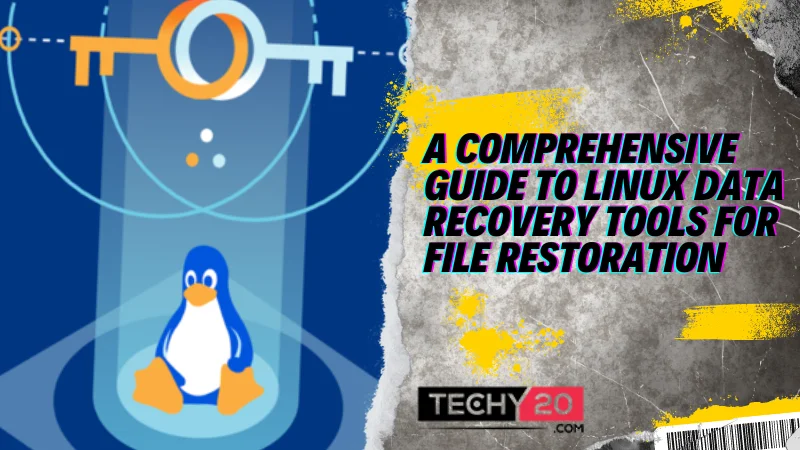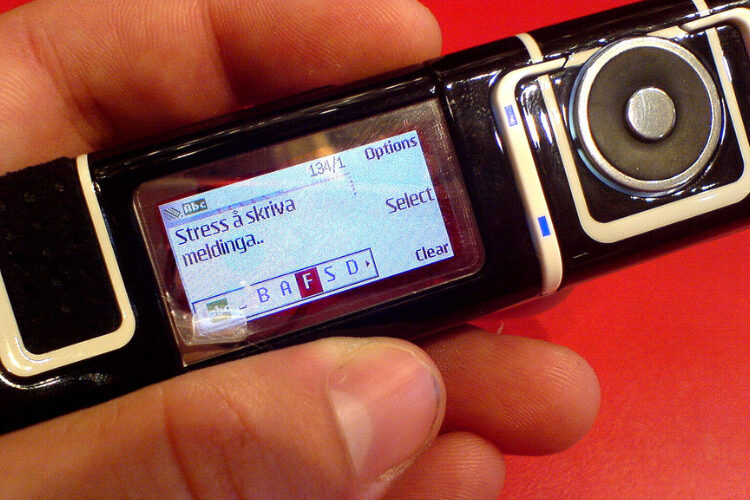Losing important data can be a harrowing experience, but Linux users have a range of options for data recovery. In this comprehensive guide, we will delve into 20 Linux data recovery tools to assist in retrieving lost files. Whether it’s accidental deletion, disk formatting, or system crashes, these tools provide the expertise and functionality to recover your precious data on Linux systems. With step-by-step instructions and detailed analyses, this guide will equip you to navigate data loss scenarios and regain control of your valuable files.
1. TestDisk
One of the open-source tools out there is TestDisk. It’s capable of recovering lost partitions and repairing damaged file systems. TestDisk is a versatile data recovery tool that transcends platform limitations. Whether using Linux or any other operating system, TestDisk retrieves lost files from Linux partitions. With its powerful algorithms and extensive compatibility, TestDisk provides a reliable solution for recovering data, ensuring you can reclaim your valuable files.

2. Photorec
Photorec, developed by the same team behind TestDisk, offers specialized recovery capabilities for lost files. Whether it’s photos, videos, or documents, Photorec excels at recovering them. In addition to being developed by the team behind TestDisk, Photorec is renowned for its specialized recovery capabilities for lost files. With an excellent track record, Photorec shines particularly in recovering files like photos, videos, and documents.

3. Scalpel
This powerful tool is for recovering files from disk images and raw partitions. With its sophisticated algorithms, Scalpel can effectively identify and recover files, providing a reliable solution for restoring valuable data. Say goodbye to data loss worries with Scalpel by your side. It excels at recovering files from disk images and raw partitions.
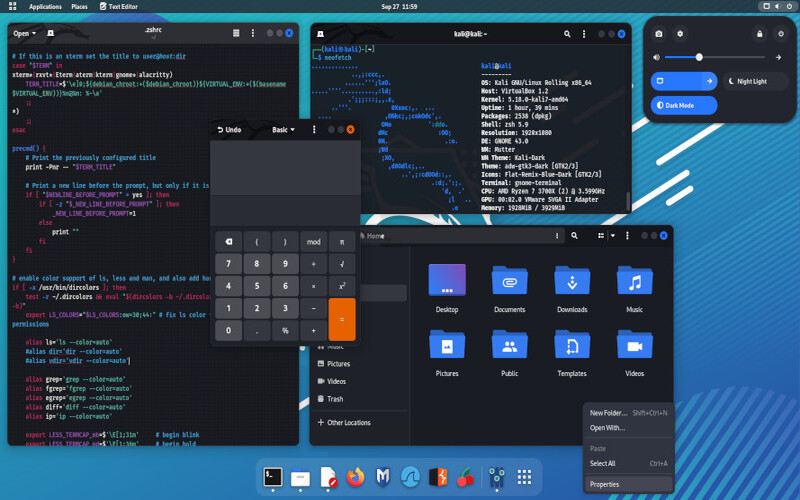
4. Extundelete
Extundelete is a powerful tool that provides a way to retrieve accidentally deleted files on ext3 and ext4 file systems. It is designed to tackle data loss due to disk failures, making it an essential tool for those who want to recover valuable files. With its user-friendly interface and advanced recovery algorithms, users can restore their lost data without any hassle. Extundelete stands out as an efficient and reliable solution for file recovery, giving users peace of mind in data loss situations.

5. Foremost
Foremost is a command-line tool that retrieves files based on their headers and footers. Its versatility is evident as it supports various file formats, including images, documents, and multimedia files. Whether you accidentally deleted an important document or lost precious photos, Foremost can efficiently recover them, making it a valuable asset for data recovery tasks.

6. R Linux
R Linux is a highly effective data recovery utility that offers seamless support for Linux, Windows, and macOS partitions. With its intuitive interface and comprehensive scanning capabilities, R Linux ensures a successful recovery of files, regardless of the partition type or file system. Its wide range of functionalities makes it an invaluable tool for users looking to retrieve their data across different platforms.

7. DD Rescue
DD rescue is a tool designed for data recovery that’s highly effective in retrieving data from storage devices that are damaged or experiencing failure. It employs multiple reading attempts to minimize any harm.

8. SystemRescueCD
SystemRescueCD is a Linux distribution that operates in time and includes bundled features. It provides a complete environment for recovering lost files and resolving disk-related issues.

9. Recuva (Through Wine)
Recuva is a popular data recovery software primarily designed for Windows operating systems. However, with the help of the Wine compatibility layer, Linux users can also utilize Recuva on their systems. This compatibility allows users to take advantage of Recuva’s powerful features and capabilities to recover deleted files from various file systems and drives, making it a valuable tool for data recovery across different platforms. It can support file systems and recover deleted files from drives.

10. Magic Rescue
Magic Rescue is a specialized data recovery tool that takes a unique approach by focusing on searching for specific file types rather than file systems. It can recover files from various storage devices, including drives and memory cards, regardless of the file system. By employing advanced file carving techniques, Magic Rescue can identify and retrieve file formats, making it a versatile choice for recovering lost data from diverse storage media.

11. GParted Live
GParted Live is an excellent choice for users looking for a comprehensive data recovery solution. Moreover, its intuitive user interface and easy-to-use features make it accessible for beginners and advanced users. It comes with the GParted software, which not only helps with partitioning but also aids in recovering lost or deleted files.
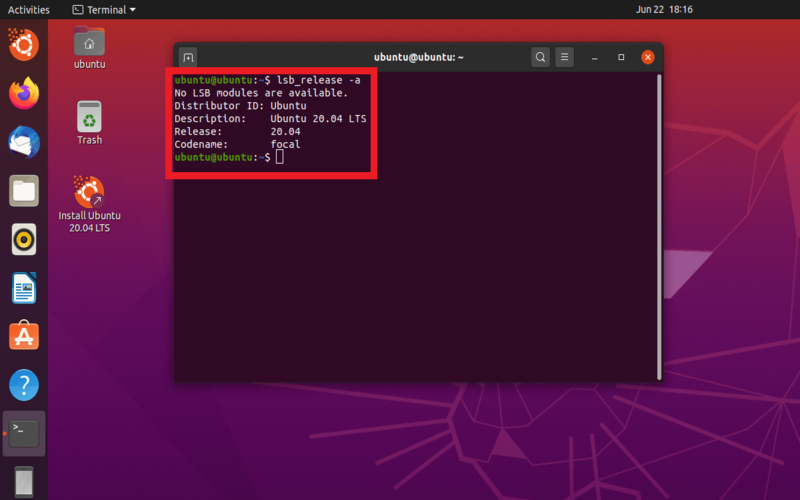
12. The Sleuth Kit
The Sleuth Kit is a collection of open-source file and disk analysis tools. By providing advanced file parsing and recovery capabilities, The Sleuth Kit is an essential tool for extracting evidence from complex file systems and investigating digital incidents.
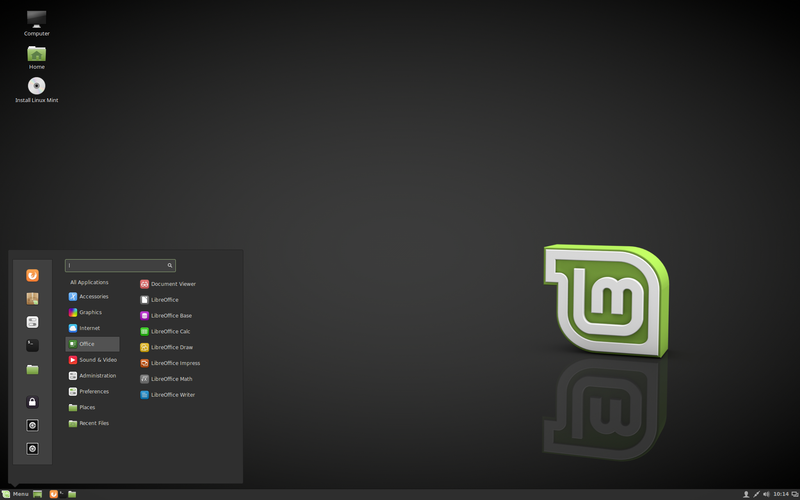
13. Kickass Undelete
Kickass Undelete is software that fully supports Linux file systems, enabling the analysis and retrieval of lost data. It prioritizes user-friendliness and simplicity, making it a reliable tool for recovering deleted files.

14. Autopsy (The Sleuth Kit)
Autopsy is a user tool that utilizes the Sleuth Kit as its foundation. It offers an interface for examining and retrieving data from various file systems.

15. Binwalk
Binwalk, on the other hand, is a tool widely used for analyzing binary files. Its capabilities extend beyond analysis; it can also. Extract files from different formats. By utilizing its file signature scanning and extraction functions, Binwalk aids in uncovering data nestled within file structures.

16. FTK Imager
FTK Imager is an industry-leading imaging tool renowned for its disk imaging abilities and subsequent data extraction capabilities. It supports an array of file systems, such as NTFS, FAT, HFS+, and ExFAT, ensuring compatibility with storage devices. Offering options for file recovery, FTK Imager empowers users to efficiently retrieve specific files or folders of interest during the data recovery process.

17. Bulk Extractor
Bulk Extractor is a tool used for analysis, allowing investigators to scan storage devices and extract various types of information. It is highly effective in discovering and recovering files from disk space.
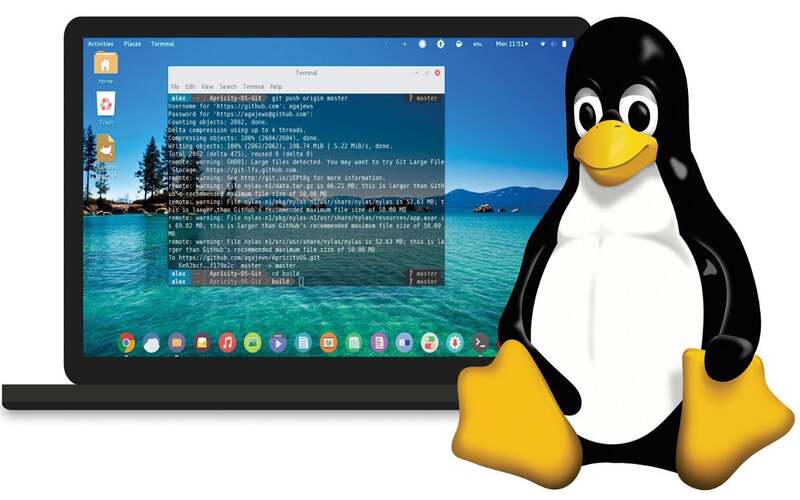
18. Lazarus
Lazarus employs algorithms to perform file carving and metadata recovery, providing a solution for restoring files on Linux systems. Its efficient scanning capabilities allow it to locate deleted files within disk structures. Whether it’s deletions, formatting errors, or file system corruption, Lazarus is a tool for recovering valuable data. Moreover, its command-line interface enables automated and scripted recoveries, making it suitable for users and system administrators.

19. Sleuthkit DLL
Sleuthkit DLL is a versatile library with a powerful toolkit for creating its tools and applications for data recovery. With its comprehensive functionality for working with file systems, the library enables developers to parse and analyze various file system structures’ lost or deleted data. By leveraging the capabilities of Sleuthkit DLL, developers can build robust and customized solutions tailored to meet specific data recovery requirements.
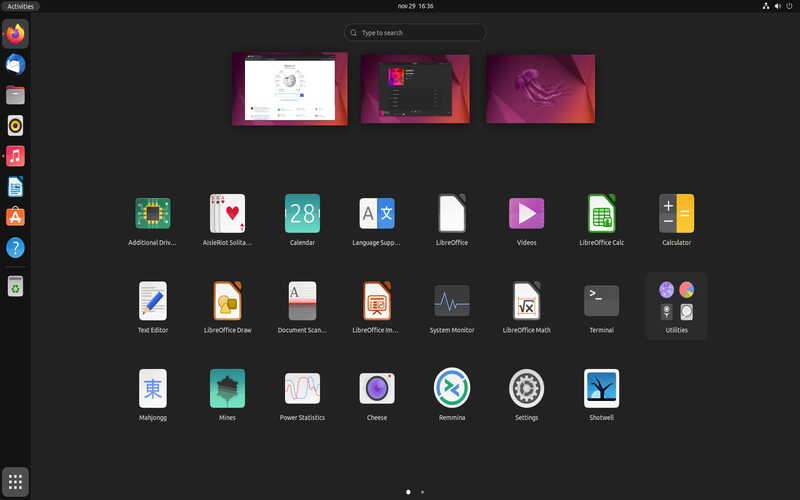
20. Data Rescue
Data Rescue is a popular data recovery software designed to retrieve lost, deleted, or corrupted files from various storage devices. It can identify and recover all file types, including documents, photos, and videos. Data Rescue offers a user-friendly interface, allowing novices. Its comprehensive features, such as deep scanning and cloning, make it a reliable choice for individuals and businesses seeking to recover critical data.

Conclusion
In the realm of Linux, tools are abundant for file restoration and data recovery. Understanding their capabilities can assist you in selecting the tool for your specific data recovery needs while maximizing the chances of successfully restoring your lost or deleted files. Remember to maintain backups of data to mitigate potential data loss scenarios.

